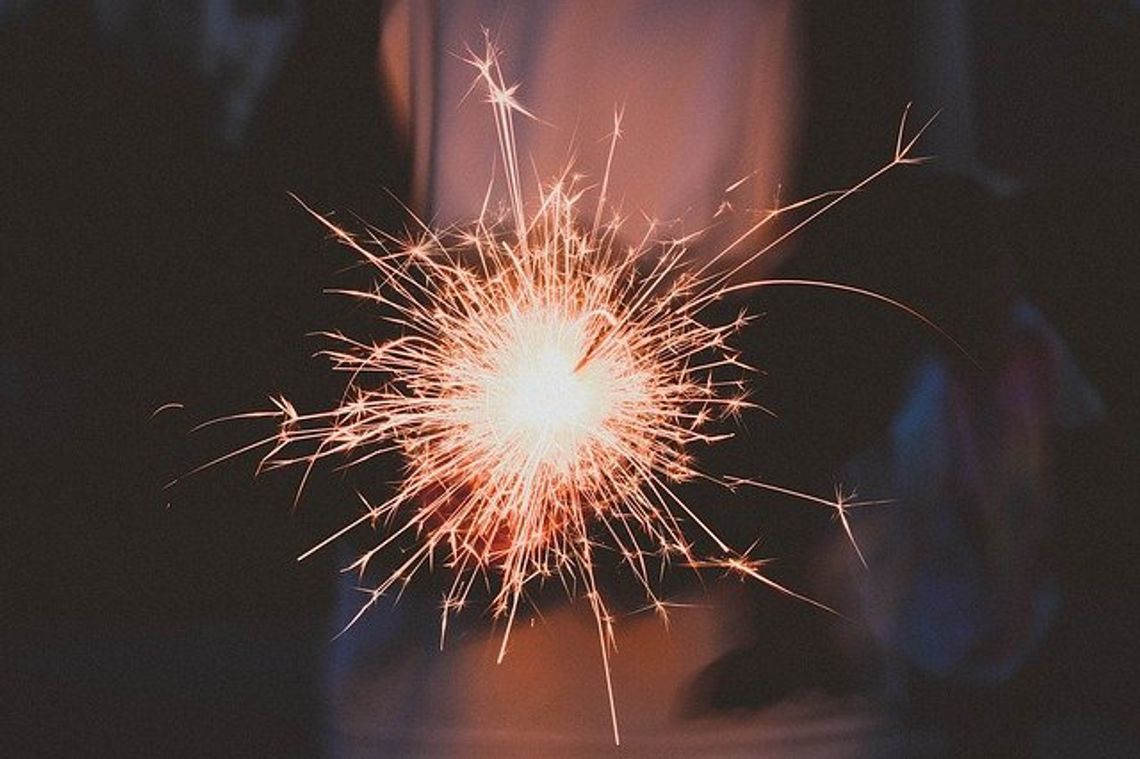New Year’s fireworks can be fun and beautiful, but they are always dangerous. Fireworks are explosives, not toys. Fireworks send thousands of people to the hospital each year and cause millions of dollars in fire losses. Paramedics at American Medical Response urge caution with fireworks to prevent disfiguring burns and the loss of eyes and fingers, and to avoid property fires.
Penalties for Using Fireworks: Many Mississippi communities have restrictions and penalties on the sale and use of fireworks. The National Fireworks Safety Council warns that certain fireworks are illegal in all 50 states. Those include M-80’s, Silver Salutes and Cherry Bombs. Further, if your fireworks injure or kill someone or start a fire, you could be sued.
Injuries: The United States Fire Administration (USFA) says more than 11,000 people are injured from fireworks each year in the U.S. The Consumer Product Safety Commission says nearly half of those injured by fireworks are under the age of 15.
While fingers and hands are most often injured, the American Academy of Ophthalmology estimates fireworks annually cause nearly 2,000 eye injuries with permanent eye damage. Bottle rockets are highly dangerous to the eyes, as they are essentially unguided missiles flying as fast as 200 miles per hour.
Fireworks can also cause permanent hearing loss, second and third degree burns and amputations. These injuries are extremely painful and can lead to emotional and physical scarring and handicaps. For every serious injury from fireworks, there are hundreds if not thousands of lesser injuries. Even the lesser injuries hurt badly and are extremely frightening.
Fireworks Start Home and Business Fires: USFA reports, each year, bottle rockets and other aerial fireworks cause more than 6,000 fires.
If you choose to take the risk, AMR advises:
- Follow all instructions on the packaging
- Keep a bucket of water or a hose nearby as a precaution
- Wear eye protection
- Never use fireworks while under the influence of drugs or alcohol
- Ignite only one firework at a time and never attempt to relight duds
- Do not aim, throw or point fireworks at people, animals, vehicles, or structures
- Never give children fireworks
- Sparklers are dangerous, reaching temperatures as high as 2,000 degrees – as hot as a blow torch – and may cause serious burns long after they appear to be out.
.png)

Comment
Comments